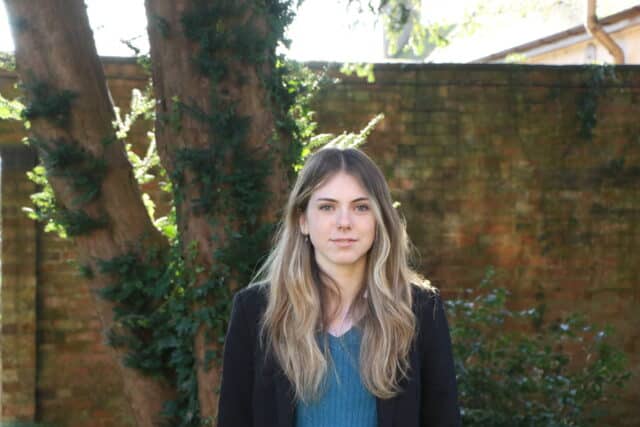
Preparing for Oxford: An Interview to Remember
Upper Sixth’s Sophia recently shared her inspiring journey to study Maths at Oxford University. Reflecting on the challenges of rigorous preparation, in-depth subject knowledge, and navigating high-pressure interviews, Sophia provides a fascinating glimpse into what it takes to aim for one of the world’s top universities.
How did you feel before, during, and after your Oxford interview?
Naturally, I felt stressed about it, but once I passed the entrance exam, I felt a slight relief of pressure. However, I knew that the interview stages were going to be harder to prepare for because you have no idea what kind of questions you’re going to be asked.
Now that the whole process is done, I feel good about it, but naturally, I find myself looking back at points where I think things didn’t go so well. I understand, though, that the kind of questions they ask aren’t meant to make you feel like everything went perfectly—they’re designed to be challenging.
Can you describe the interview process and what kind of questions were you asked?
For most of the interview process, they introduce you to a topic that you’ve never—or hopefully never—encountered before and ask questions designed to help you figure it out yourself. They present a concept, ask you an initial question about it, and then progressively challenge you with harder, more abstract questions.
These aren’t generic problem-solving questions; you’ve got to think outside the box. They are there to help though and will guide you if you get stuck or confused.
How did you prepare for the interview? Any specific strategies or resources you found helpful?
It’s difficult to prepare for something when you’re not sure what to expect, but I googled lots of different interview questions online and practised how I might approach answering them. While the practice questions were very different from the ones I was actually asked, the exercise helped me think critically about my responses.
What was the most challenging part of the interview for you?
I found the definitions to be the most challenging part. Often, I would almost understand the question, but there would be one word that tripped me up. You can get around this by asking them to define what they mean or trying to work through it in another way.
Can you tell us a bit about your academic interests and why you chose your particular course?
I chose maths and further maths because I enjoy the problem-solving aspect of it. I like that there’s a right or wrong answer, but more importantly, I enjoy the process of figuring out how to get to the right answer. I prefer the pure side of maths rather than the applied side; it’s like working through riddles that aren’t always straightforward.
How have your teachers and school supported you in your application process?
Mrs Exelby runs a competitive courses group where we discuss applying to top universities and how to strengthen our applications which I found really helpful. Through this group, I prepared for the physics entrance exam, as I was originally considering physics. However, I ended up focusing more on maths, which was what I enjoyed more anyway. Teachers and tutors have also been very helpful and supportive through the whole process by being available to answer any questions I had.
What advice would you give to other students preparing for university interviews, especially at prestigious institutions like Oxford?
Choose a subject you genuinely enjoy. If you don’t enjoy it, you won’t put in the effort needed, and even if you do, you’re likely to burn out. Attend open days with a clear intention and take the time to understand what you really want to pursue.
What are your long-term goals, and how do you see your time at Bloxham helping you achieve them?
I’ve already applied for a degree that includes a Master’s at the end, so I know I’ll be pursuing that after my undergraduate studies. I enjoy learning, and beyond my Master’s, I hope to go on to do a PhD, though it’s hard to plan too far ahead.
Back to all stories

